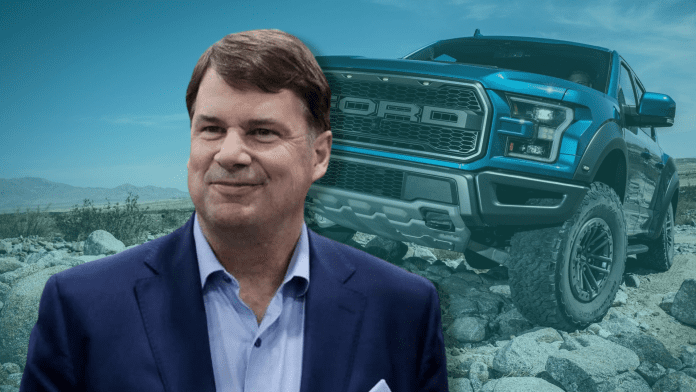CEO Jim Farley reaffirmed Ford’s commitment to continue supporting third-party apps such as Apple CarPlay and Android Auto in its vehicles during a May 4 interview with the Wall Street Journal.
While many brands are looking to build proprietary replacements, the Ford chief held that it is no longer possible for automakers to compete with tech companies in the software space. “In terms of content, we kind of last that battle 10 years ago,” commented Farley. “So, like, get real with it because you’re not going to make a ton of money on content inside the vehicle.” He also noted that a majority of the Blue-Oval brand’s customers already owned Apple products, and argued that it would make little sense to then remove such a popular platform as CarPlay: “Why would I go to an Apple customer and say ‘good luck’?”
Farley’s remarks come some months after General Motors revealed it would gradually end support for Android Auto and Apple CarPlay in its electric vehicles and was developing an in-house system in partnership with Google. Despite the automaker’s claim that its version would have better features and capabilities, the news garnered swift backlash from some technology-focused communities. Critics pointed to data-privacy and accessibility concerns, such as tech writer Walt Mossberg who penned a response in The Verge: “I think this is a huge blunder, which puts greed over consumer choice. Without CarPlay, I wouldn’t buy a car, and I imagine millions of other people feel the same way.”
Other brands, such as Tesla and Rivian, have remained staunch detractors of third-party developers and have long since introduced their own proprietary systems. Even companies that continue supporting applications such as Apple CarPlay and Android Auto have increasingly ramped up efforts to design in-house alternatives over fears they could lose out on massive revenue from data collection and monthly subscription fees. While Ford is no stranger to software development itself, Farley’s dissent may play a critical role in convincing other manufacturers to keep their platforms open to other companies even as they deliver their own packages.




